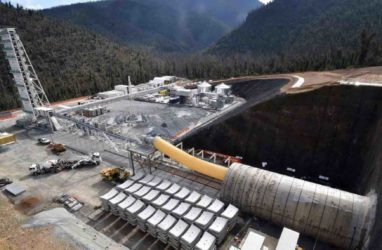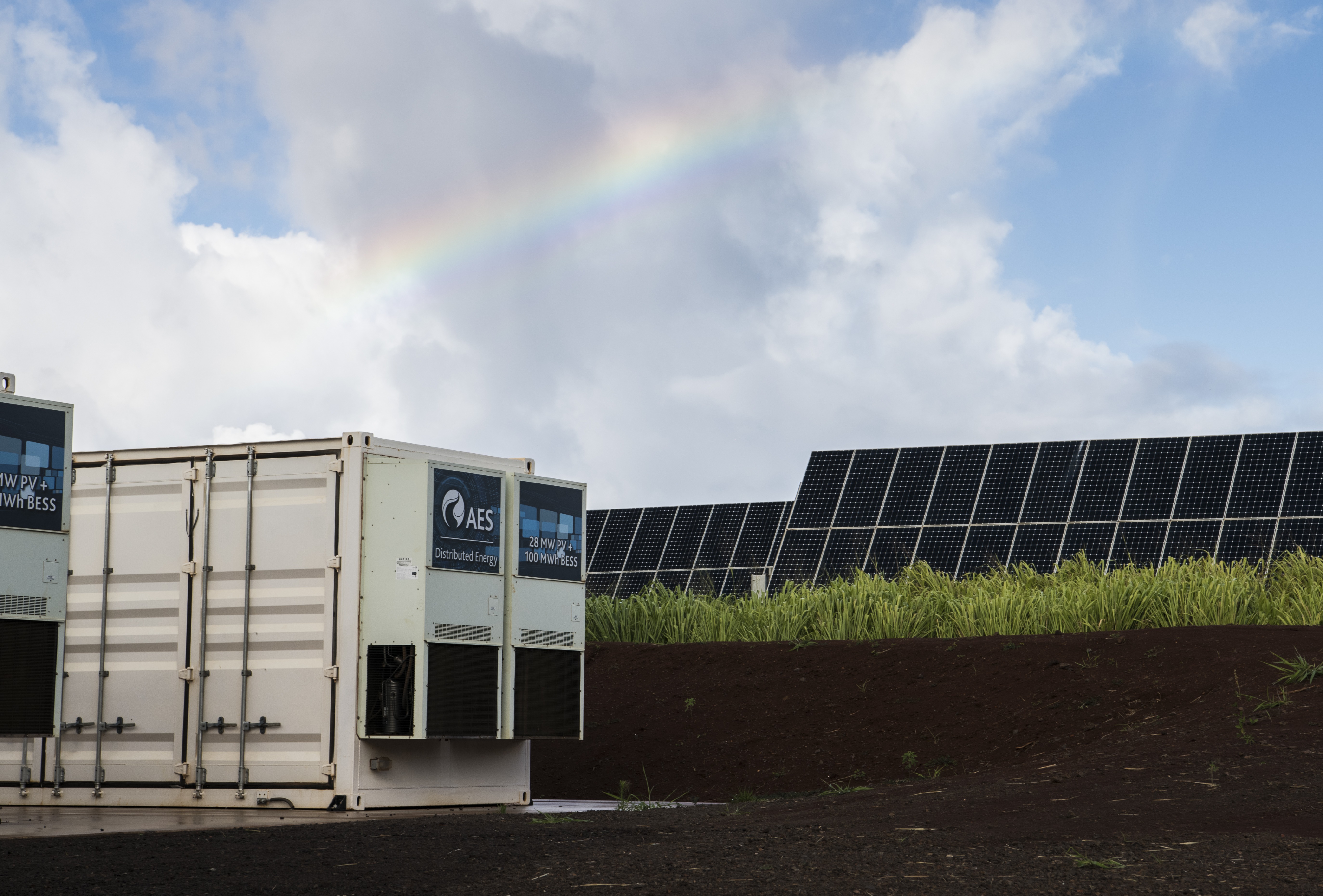Rising electricity prices are igniting voter frustration, presenting a potential political opportunity for Democrats. Environmental advocates and officials are eager to leverage this discontent against former President Trump, attributing the price hikes to his administration's anti-renewable policies. However, the complexity of the issue complicates this narrative; high electricity costs cannot be solely blamed on any single entity or political party. Polling indicates that voters are more inclined to hold local utilities and state governments accountable rather than Washington, revealing a broader understanding of the factors driving these increases. This sentiment poses a challenge for Democrats, as they struggle to shift blame effectively while also contending with their own governance in states experiencing significant price surges.
The implications of this situation are profound for Democratic candidates, particularly in states like New Jersey, where electricity prices have soared. Gubernatorial hopeful Mikie Sherrill faces a tough battle, as her Republican opponent seeks to exploit the situation by linking price increases to progressive energy policies. Despite her attempts to address utility costs, Sherrill's campaign is hindered by a perception that Democrats are not trusted to manage energy prices effectively. Political strategist David Shor warns that Republicans historically hold an advantage in this arena, making it crucial for Democrats to navigate the narrative carefully. As the electoral landscape shifts, the ability to address energy costs could significantly impact Democratic prospects in upcoming elections, underscoring the need for a nuanced approach to energy policy and voter communication.






